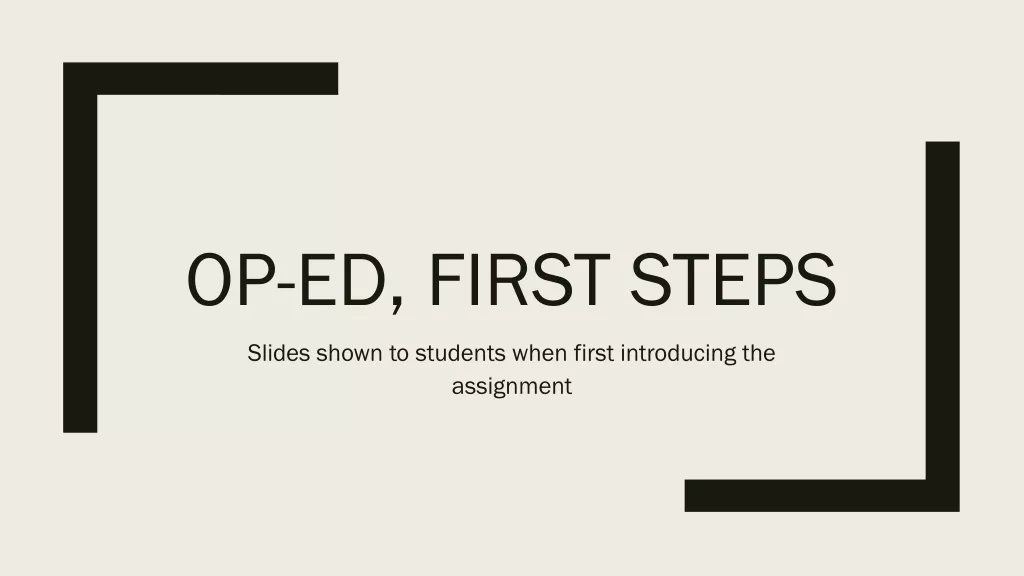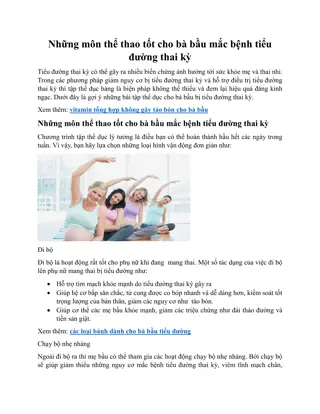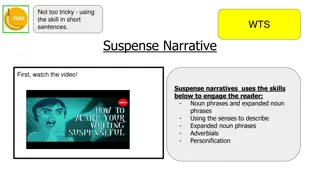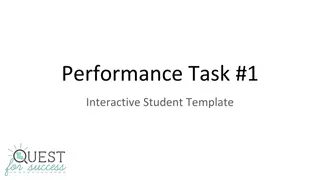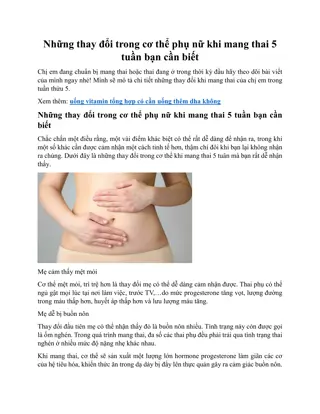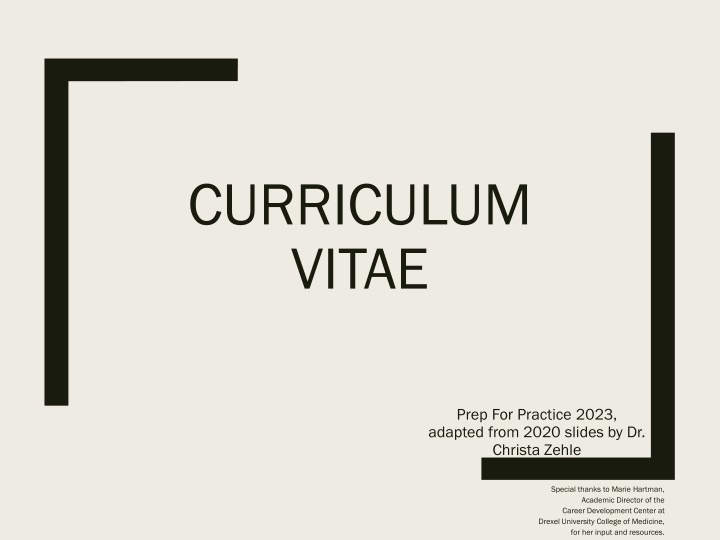
Prepare Your Curriculum Vitae for Residency Applications
Learn how to create a comprehensive Curriculum Vitae (CV) for your residency applications with tips on content, formatting, and ensuring clarity. Get a head start in the residency application process by crafting a compelling CV to secure interviews and assist your application process effectively.
Download Presentation

Please find below an Image/Link to download the presentation.
The content on the website is provided AS IS for your information and personal use only. It may not be sold, licensed, or shared on other websites without obtaining consent from the author. If you encounter any issues during the download, it is possible that the publisher has removed the file from their server.
You are allowed to download the files provided on this website for personal or commercial use, subject to the condition that they are used lawfully. All files are the property of their respective owners.
The content on the website is provided AS IS for your information and personal use only. It may not be sold, licensed, or shared on other websites without obtaining consent from the author.
E N D
Presentation Transcript
CURRICULUM VITAE Prep For Practice 2023, adapted from 2020 slides by Dr. Christa Zehle Special thanks to Marie Hartman, Academic Director of the Career Development Center at Drexel University College of Medicine, for her input and resources.
What is a CV? A Curriculum Vitae (CV) is: A summary of your education, work and other relevant experiences and accomplishments. Is complete and concise. Differs from a resume, which is tailored for a specific job. Continually updated throughout your career. Of variable length (2-100 pages)
Purpose of a CV Writing your CV is one of the first steps in the residency application process, one that you can and should do as soon as possible. The purpose of your CV will change over time. The purpose at this stage in your career is to Obtain an interview Obtain an interview Assist you in completing your application Assist you in completing your application (i.e. in filling out ERAS) Assist your letter writer in preparing a letter of Assist your letter writer in preparing a letter of recommendation recommendation
Preparing your CV Create a list of your experiences, accomplishments, honors and activities When considering information to include in your CV, ask yourself Is this relevant? Does this help me? Will this piece of information help select me for a residency interview? If I were reading this for the first time and without knowledge of myself as an applicant, would this information be useful? If you answer "no" to these questions, leave the information out.
Formatting your CV Organize Organize each section in reverse chronological order, most recent first Dates are typically on the right or following an item Formatting Formatting should be consistent throughout Use common fonts Minimal use of bold, italics, capitalization and bullets to organize your CV Headings should be consistent in style, size and formatting Include name on every page, page numbers except for first page Consider using layouts available on your computer
Formatting your CV Make it clear and easy to read. Make it clear and easy to read. Keep sentences short and succinct Length Length 1 to 2 pages is standard at this stage of your training Avoid Avoid unnecessary and irrelevant experiences abbreviations Proof Proof for spelling and grammatical errors! Have others (family, friends, mentors, advisors) review content and style review your CV for
Major sections of the CV Name and Contact Information Education Honors and Awards Licensure / Certification Experience Work Experience Professional Experience (if you had a prior career) Research Experience Publications/Presentations Leadership Experience Teaching Community Service Volunteer / Service Experience Professional Organizations Special Skills (i.e. Languages) Interests Extracurricular Activities Additional Information
Name and Contact Information Name (cap, bold and in larger font) Use your name as it appears on your medical school credential. No nicknames. Use a permanent address, cell phone number and email address Be sure to have a professional voice message and email address.
Education List all colleges/universities you have attended, listing the most recent first. Include medical school, graduate and undergraduate education. Do not include high school. Include name, location of institution, degree, certificate, date of completion (or expected completion) and major/minor field of study. Include graduating with honors here if you do not have an Honors section. GPA is not necessary If you completed a thesis or dissertation as part of one of your degree programs, you may wish to add this distinction along with the title of the paper, particularly if it is relevant to your career goals. It may also be included in a Research Section. Study abroad time can be included if you feel it is relevant to your application and you are prepared to be asked questions about it.
Honors and Awards Include awards and/or merit scholarships received during medical school (election to AOA, biochemistry prize, etc.) You may include medical school Honors grades (typically only included for your letter of recommendation writer). Include only the most important awards and scholarships from undergraduate or other programs. Include description of award if not obvious. Do not include financially based scholarships. If you have numerous items, you may want to separate them into subsections: i.e. undergraduate and medical school.
Licensure and Certification List current licenses and health-related certifications USMLE Step 1 Pass, March 2022 USMLE Step 2CK Pass, 233, August 2023
Experience This portion of the CV will vary for each student. You do not have to use one section labeled Experience but rather separate sections such as Work Experience or Volunteer Experience . Below is general information for all experience sections. Below, you will find more specific information on specific sections you may wish to include. You can divide or combine sections as it makes sense for your CV. For all Experience Sections: Include all relevant medical or specialty related experiences. Include long-term activities, committee work, community service projects, leadership experiences and student organization involvement. Include activities from before medical school only if they are noteworthy, show long term commitment or are applicable to your career goals.
Experience List beginning with the most recent experience. Include position title, name of employer or organization, location (city & state or country) and dates. Include brief a description of your major responsibilities and achievements in a bullet point format using action words. Make sure to include ALL work experience, medical or non-medical which accounts for time off between undergraduate studies and medical school. Do not need to include experience that is part of the medical school curriculum, however PHP or presentations OK Include both paid and unpaid experiences
Work Experience Focus on major and medically related experiences. Include position title, name of employer, location (city & state) and dates. Include brief brief description of your major responsibilities and achievements. Be sure to account for anytime when you were not in school.
Research Experience List all research experience (including undergraduate) This includes thesis work, paid positions, summer internships, etc. Your work does not have to be published to include it here! Include your title/role, institution, location, research topic or title, advisor and date Brief description of project and your major responsibilities and skills
Publications List any published abstract, paper or article in medical bibliographic reference style. Your thesis in and of itself is not a publication. Include this work under research or education. Check ScholarlyWorks@UVM for PHP and FM project Include Publication Year or in press if not yet published. How to Cite a Publication: How to Cite a Publication: Author(s): last name, first initial (your name in bold). Title. Name/Title of journal (in italics). Volume: page numbers. Date Example: Example: Hisama A, Mattson R.H., Student J.D. Student J.D., Felice K, Petroff OA. GABA and the ornithine delta-aminotransferase gene in vigabatrin-associated visual field defects. Journal of Medical Stuff, 10(7):505-7, 2001 Oct.
Presentations List research, professional or poster presentations at institutions, conferences or specialty association meetings. List the title of the presentation, authors, audience, and any other relevant details. List date and place presented
Service / Volunteer Experience Include long-term activities, committee work, community service projects, leadership experiences and student organization involvement. Do not repeat experiences you have included elsewhere Include activities from before medical school only if they are noteworthy, show long term commitment or are applicable to your career goals.
Professional Organizations List professional organizations of which you are a member Include leadership positions you may have held Dates are optional
Interests Include a list of your outside interests, hobbies and other activities. Include special skills such as languages ERAS Language proficiency scale : ERAS Language proficiency scale : Native/functionally native: Native/functionally native: I converse easily and accurately in all types of situations. Native speakers, including the highly educated, may think that I am a native speaker, too. Advanced: Advanced: I speak very accurately, and I understand other speakers very accurately. Native speakers have no problem understanding me, but they probably perceive that I am not a native speaker. Good: Good: I speak well enough to participate in most conversations. Native speakers notice some errors in my speech or my understanding, but my errors rarely cause misunderstanding. I have some difficulty communicating necessary health concepts. Fair: Fair: I speak and understand well enough to have extended conversations about current events, work, family, or personal life. Native speakers notice many errors in my speech or my understanding. I have difficulty communicating about healthcare concepts. Basic: Basic: I speak the language imperfectly and only to a limited degree and in limited situations. I have difficulty in or understanding extended conversations. I am unable to understand or communicate most healthcare concepts.
Tips Be perfectly honest qualifications Use strong, descriptive action verbs your experiences If describing current current experience, use the present tense present tense If describing previous previous experience, use past tense tense Have your CV proofed proofed for spelling and grammatical errors Be able to talk about anything on your CV as an expert expert! honest. Do not exaggerate your action verbs to describe past

